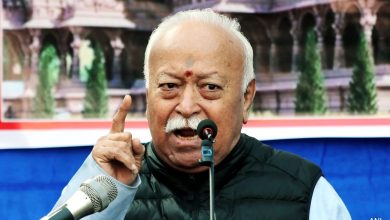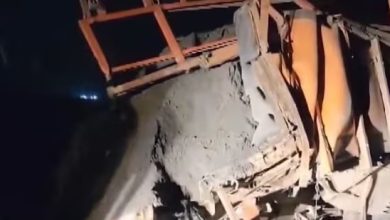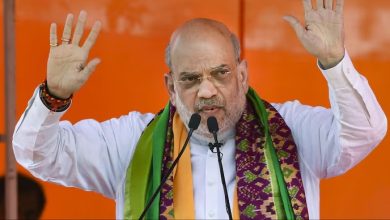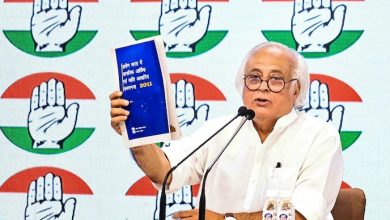
New Delhi: The Rashtriya Swayamsevak Sangh, the ideological mentor of the BJP, on Saturday said they would not be involved in any call for temples in place of mosques at Varanasi and Mathura. Asked about the matter in the backdrop of the Supreme Court’s landmark verdict in favour of a temple at the 2.77-acre disputed site in Ayodhya, Mohan Bhagwat, the chief of the RSS — the BJP’s ideological mentor — responded in the negative.
“The Sangh is not involved in agitations… its job is character building”, Bhagwat told reporters shortly after the top court delivered its verdict in the politically sensitive legal wrangle that has been pending in the courts for decades.
After the demolition of the Babri mosque at Ayodhya in 1992, a section of right-wing groups had indicated that their next destinations could be Varanasi and Mathura.
“Yeh sirf jhanki hai, Kashi, Mathura baaki hai (this is just a trailer, Kashi, Mathura still to come)” went the slogan first shouted by right-wing activists on their way back after the Ayodhya mosque demolition.
Varanasi’s Vishwanath temple shares a boundary wall with the Gyanvapi mosque. In Mathura, the Shahi Idgah is located next to the Krishna Janmabhoomi temple complex.
While naming Ram Lalla – the infant Lord Ram, who is the respondents in the case – the top court had also asked the Centre and the Uttar Pradesh government to find a “prominent” five-acre plot in Ayodhya for a mosque.
“Justice would not prevail if the Court were to overlook the entitlement of the Muslims who have been deprived of the structure of the mosque through means which should not have been employed in a secular nation committed to the rule of law,” the court said. “The Constitution postulates the equality of all faiths,” the 1045-page judgment read.
In its verdict, the court had also said that it was exercising its power under Article 142 of the Constitution. Article 142 enables the Supreme Court to pass any order necessary “for doing complete justice in any cause”.
While this order is “enforceable throughout the territory of India” it cannot become a precedent for other site like Varanasi and Mathura.
The court also made it clear that the razing of the Babri Masjid in December 1992 was illegal.
The demolition of the mosque, the five-judge bench led by Chief Justice Ranjan Gogoi, was “a calculated act of destroying a place of public worship,” the court said, adding, “It is necessary to provide restitution to the Muslim community for the unlawful destruction of their place of worship”.





